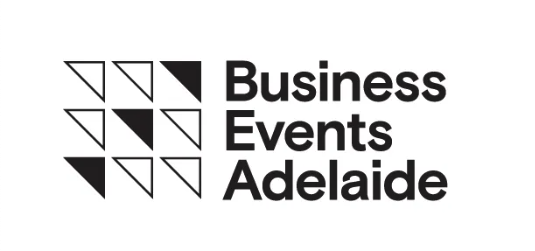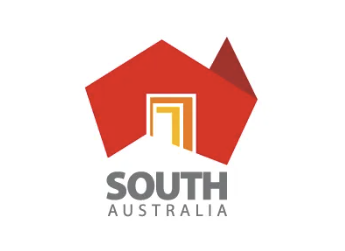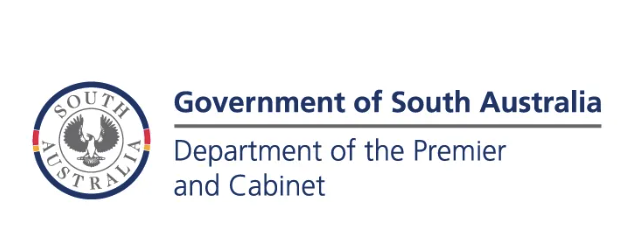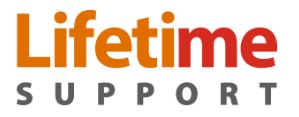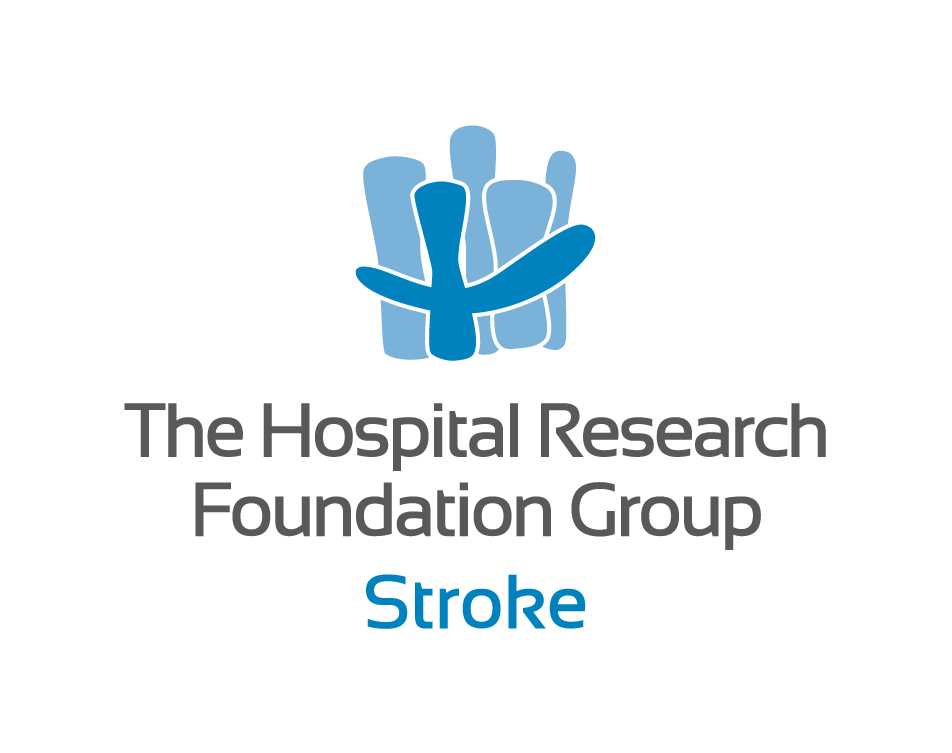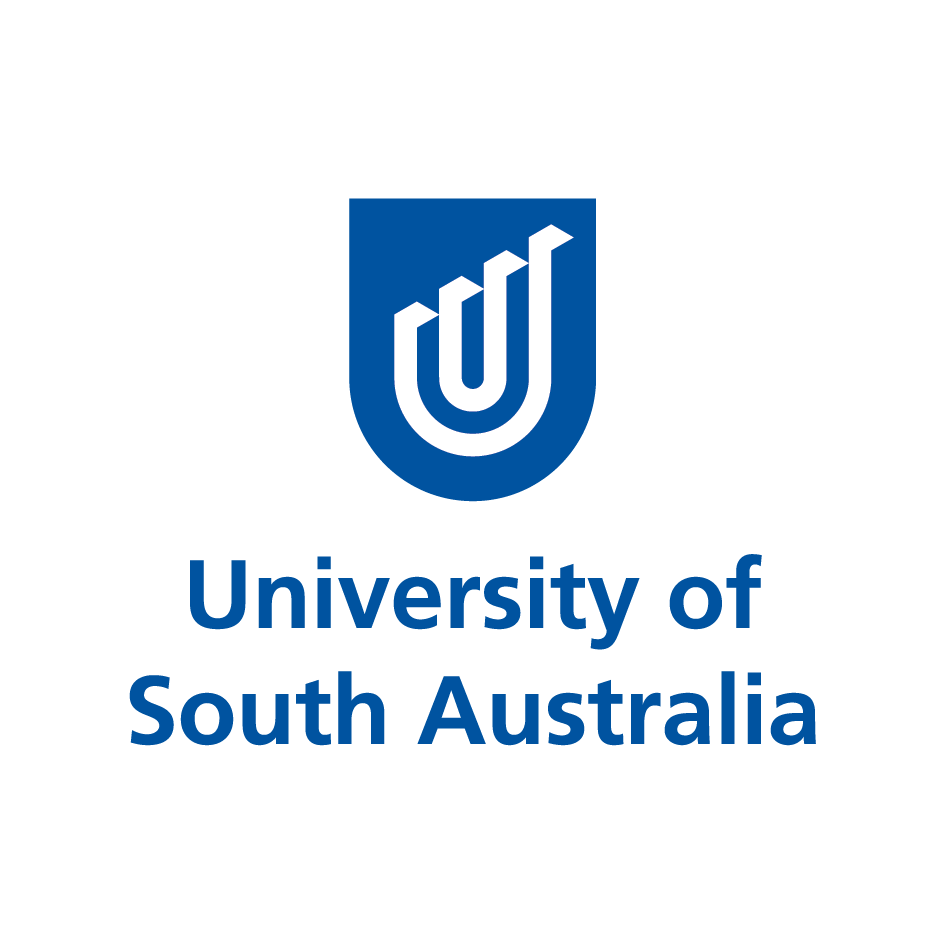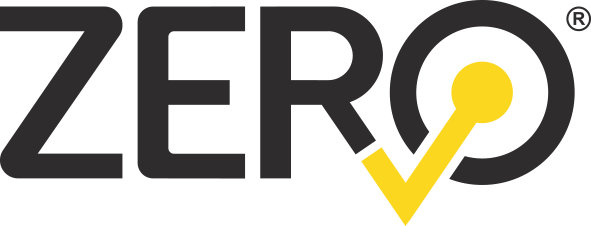PRE-CONFERENCE WORKSHOP – BEHAVIOURAL DISABILITY FOLLOWING BRAIN INJURY – AN INTRODUCTION TO POSITIVE BEHAVIOUR SUPPORT PLUS (PBS+PLUS)
“Challenging behaviours” (sometimes referred to as “behaviours of concern”) including impulsivity, irritability, verbal, and sometimes physical, aggression are common consequences following an Acquired Brain Injury (ABI). These behaviours are reported by survivors and their families as being the most disabling aspect of their brain injury. The more severe the brain injury, the more severe the behaviours and, unchecked, they can worsen with time.
Positive Behaviour Support (PBS) is an intervention approach with a focus on understanding and addressing the reasons the behaviours occur and proactively preventing the behaviours through environmental modification and skill-building. PBS has been a commonly used approach in helping people with learning and development disabilities. Since the 1990s, Dr. Timothy Feeney – a behavioural psychologist – and Professor Mark Ylvisaker – a speech-language therapist – have been applying and developing this approach specifically for people with an ABI.
Working together with Dr. Feeney, the presenters of this Workshop – alongside other clinician-researchers at Monash University – conducted the world’s first randomised controlled trial of PBS in adults with ABI, with a group of 50 Victorians with severe Traumatic Brain Injury and “challenging behaviours”. Out of that research grew an approach tailored to people with an ABI called “PBS+PLUS”, which includes a combination of both commonly used PBS principles and also a range of cognitive and communication strategies with specific capabilities to address “challenging behaviours” in people with an ABI. (PLUS is also an acronym for the fundamental principles of Person driven, Learning together, Uniting supports and Skill building.)
PBS+PLUS is a person-driven approach where clinicians work collaboratively and on an equal level with the individual with an ABI and the people in their everyday life. Clinicians facilitate a shared understanding of the individual’s current and desired positive personal identity and meaningful outcomes. A flexible and individually designed framework is used to guide the intervention plans and strategies towards personalised meaningful outcomes. The active inclusion of everyday people (family, carers, therapists and significant others) ensures that all relevant persons can contribute to the understanding, planning and implementation of individualised strategies and promotes shared expertise in the short and longer-term.
Research has identified that PBS+PLUS is associated with reductions in challenging behaviour, improved close other self-efficacy in addressing “challenging behaviours”, attainment of personal goals and positive intervention experiences in adults with an ABI. Practitioners who have delivered this intervention strongly identified with the values of this approach and found it positively shifted their clinical identity.
The key learning outcomes of the Workshop will include:
- an understanding of the factors that drive behaviour change following brain injury;
- an increase in confidence to help people with brain injury manage their behaviour change;
- an understanding of the key concepts, and the capacity to implement the strategies that inform, PBS+PLUS;
- an ability to simply describe the PBS+PLUS approach to people with a brain injury, their family members and colleagues in multidisciplinary teams;
- knowledge of the origins and the latest evidence for the efficacy of PBS+PLUS;
- the multiple strategies and new approaches to start implementing PBS+PLUS with people with a brain injury in community and inpatient settings;
- how to use PBS+PLUS language in clinical case discussions and reports; and
- the ability to work collaboratively with other PBS+PLUS practitioners.
PRESENTERS:
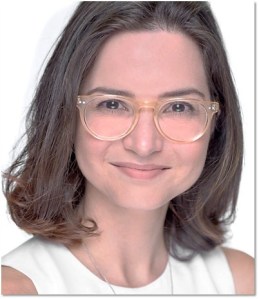 Dr. Kate Gould is a Senior Research Fellow at Monash University who leads a theme of clinically applied research on understanding and improving cognitive, psychiatric and behavioural changes following Acquired Brain Injury (ABI) with the Monash-Epworth Rehabilitation Research Centre. Dr Gould is a scientist-practitioner, with her research synergistically enhanced by her clinical skills as a practising Clinical Neuropsychologist in community brain injury rehabilitation. She leads experimental, qualitative, scoping, intervention-based and translation studies that have a strong consumer co-design focus. She was the clinical lead on the world’s first randomised trial of Positive Behaviour support for adults with ABI, funded by the Transport Accident Commission. She now leads the translation of findings from this project, and in 2021 established the Positive Behaviour Service at the Turner Clinics, Monash University, where she provides clinical training in Positive Behaviour Support to allied health clinicians, provisional psychologists and speech therapy trainees. She has published over 30 peer-reviewed articles and two book chapters in brain injury and psychological disorders and her research has attracted $2m in funding. Her innovative and impactful work has been recognised in a Turner Institute Strategic Grant, a Turner Institute Consumer and Community Involvement Award, a Vice Chancellor’s Award for her innovative suicide risk management procedures, an Allen Martin Research Scholarship from the Summer Foundation, the Australasian Society for the Study of Brain Impairment’s Clinical Innovation Award and the National Trauma Research Institute’s Centre of Excellence in TBI Research Rehabilitation Fellowship.
Dr. Kate Gould is a Senior Research Fellow at Monash University who leads a theme of clinically applied research on understanding and improving cognitive, psychiatric and behavioural changes following Acquired Brain Injury (ABI) with the Monash-Epworth Rehabilitation Research Centre. Dr Gould is a scientist-practitioner, with her research synergistically enhanced by her clinical skills as a practising Clinical Neuropsychologist in community brain injury rehabilitation. She leads experimental, qualitative, scoping, intervention-based and translation studies that have a strong consumer co-design focus. She was the clinical lead on the world’s first randomised trial of Positive Behaviour support for adults with ABI, funded by the Transport Accident Commission. She now leads the translation of findings from this project, and in 2021 established the Positive Behaviour Service at the Turner Clinics, Monash University, where she provides clinical training in Positive Behaviour Support to allied health clinicians, provisional psychologists and speech therapy trainees. She has published over 30 peer-reviewed articles and two book chapters in brain injury and psychological disorders and her research has attracted $2m in funding. Her innovative and impactful work has been recognised in a Turner Institute Strategic Grant, a Turner Institute Consumer and Community Involvement Award, a Vice Chancellor’s Award for her innovative suicide risk management procedures, an Allen Martin Research Scholarship from the Summer Foundation, the Australasian Society for the Study of Brain Impairment’s Clinical Innovation Award and the National Trauma Research Institute’s Centre of Excellence in TBI Research Rehabilitation Fellowship.
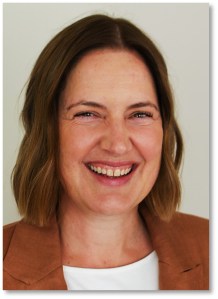 Nadine Holgate is an Occupational Therapist in private practice – Neurolinks – in regional Victoria and has over 20 years’ experience in providing community-based brain injury rehabilitation. Nadine has been a PBS+PLUS research clinician at Monash-Epworth Rehabilitation Research Centre since 2016. She currently provides multidisciplinary training and supervision as part of the PBS+PLUS community translation. Nadine is passionate about improving rehabilitation outcomes for rural people with brain injury. She was awarded the 2023 Agrifuture’s Rural Women’s Acceleration Grant to conduct an innovative project improving brain injury rehabilitation for rural Australians. Nadine currently facilitates workshops and provides clinical coaching and supervision for allied health professions to upskill in community-based brain injury rehabilitation.
Nadine Holgate is an Occupational Therapist in private practice – Neurolinks – in regional Victoria and has over 20 years’ experience in providing community-based brain injury rehabilitation. Nadine has been a PBS+PLUS research clinician at Monash-Epworth Rehabilitation Research Centre since 2016. She currently provides multidisciplinary training and supervision as part of the PBS+PLUS community translation. Nadine is passionate about improving rehabilitation outcomes for rural people with brain injury. She was awarded the 2023 Agrifuture’s Rural Women’s Acceleration Grant to conduct an innovative project improving brain injury rehabilitation for rural Australians. Nadine currently facilitates workshops and provides clinical coaching and supervision for allied health professions to upskill in community-based brain injury rehabilitation.
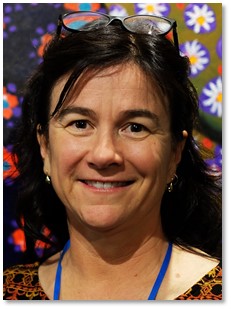 Liz Williams is a speech pathologist who has worked in community brain injury rehabilitation for over 30 years – with the Brain Injury Rehabilitation Community and Home team (BIRCH), part of SA Brain Injury Rehabilitation Services (SABIRS). As part of a project opportunity with SABIRS, Liz has recently been very fortunate to be part of a capacity-building feasibility trial with the Monash University PBS+PLUS research and clinical team. She has completed a round of intensive training in the approach with the Monash University facilitators and, in collaboration with SABIRS colleagues, is working to continue its development and application in their service.
Liz Williams is a speech pathologist who has worked in community brain injury rehabilitation for over 30 years – with the Brain Injury Rehabilitation Community and Home team (BIRCH), part of SA Brain Injury Rehabilitation Services (SABIRS). As part of a project opportunity with SABIRS, Liz has recently been very fortunate to be part of a capacity-building feasibility trial with the Monash University PBS+PLUS research and clinical team. She has completed a round of intensive training in the approach with the Monash University facilitators and, in collaboration with SABIRS colleagues, is working to continue its development and application in their service.
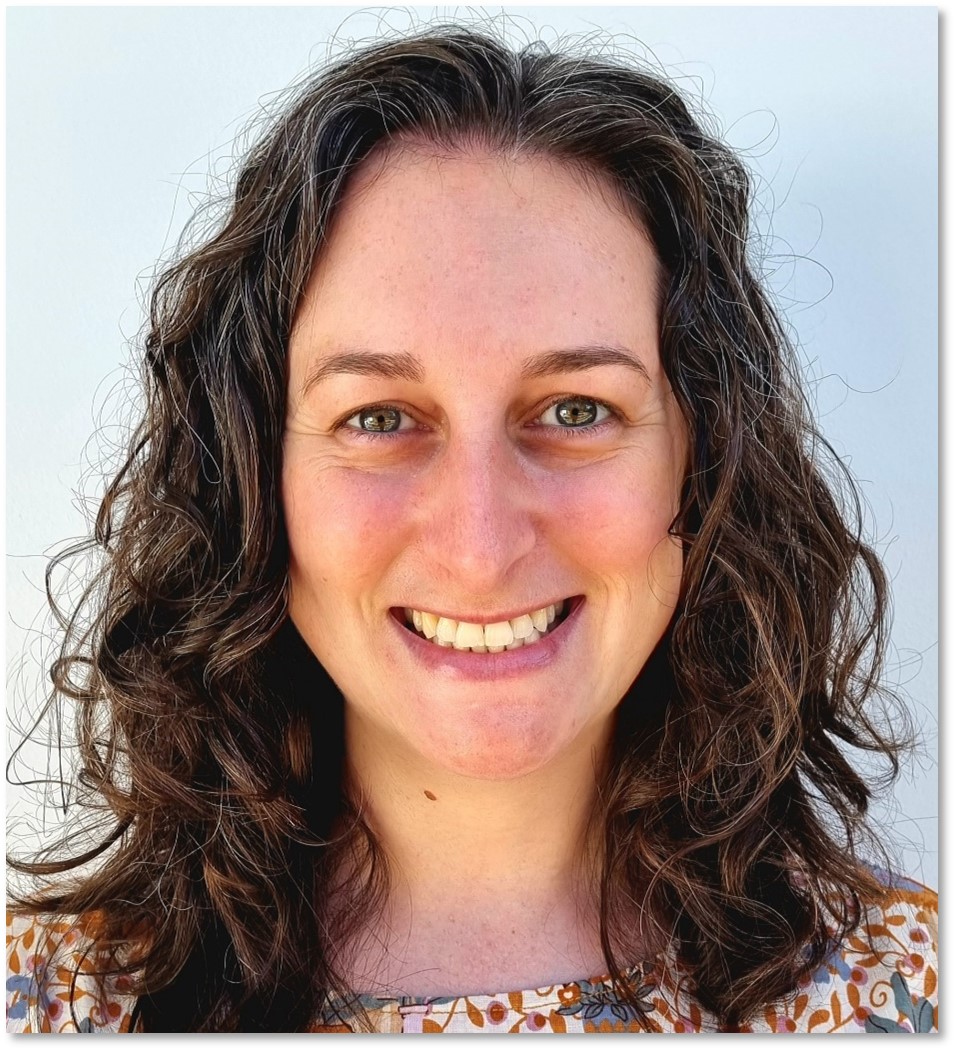 Lauren Bannard is a senior speech pathologist in the Brain Injury Rehabilitation Unit (BIRU) – the inpatient unit of the South Australian Brain Injury Rehabilitation Service (SABIRS). Lauren has over 13 years’ experience in brain injury rehabilitation across subacute and community settings and has a special interest in Positive Behaviour Support, particularly for individuals with communication and cognitive challenges following their brain injury. She has been a member of the BIRU Behaviour Resource Group – an interdisciplinary team that provides a behaviour support service to the unit – since 2013. Lauren has recently completed PBS+PLUS intensive clinician training with the team from Monash University and is part of the PBS+ Community of Practice.
Lauren Bannard is a senior speech pathologist in the Brain Injury Rehabilitation Unit (BIRU) – the inpatient unit of the South Australian Brain Injury Rehabilitation Service (SABIRS). Lauren has over 13 years’ experience in brain injury rehabilitation across subacute and community settings and has a special interest in Positive Behaviour Support, particularly for individuals with communication and cognitive challenges following their brain injury. She has been a member of the BIRU Behaviour Resource Group – an interdisciplinary team that provides a behaviour support service to the unit – since 2013. Lauren has recently completed PBS+PLUS intensive clinician training with the team from Monash University and is part of the PBS+ Community of Practice.
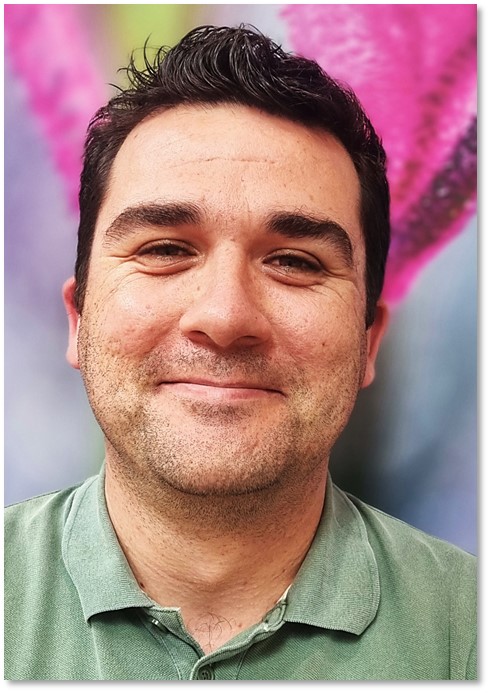 Joshua Butler is an Occupational Therapist with over 10 years of experience, working predominately in sub-acute inpatient and community brain injury rehabilitation services in Adelaide. He has been an active participant in the interdisciplinary approach to address behaviour management on the Brain Injury Rehabilitation Unit since 2016. Joshua has recently completed PBS+PLUS intensive clinician training through Monash University and is part of the PBS+ Community of Practice.
Joshua Butler is an Occupational Therapist with over 10 years of experience, working predominately in sub-acute inpatient and community brain injury rehabilitation services in Adelaide. He has been an active participant in the interdisciplinary approach to address behaviour management on the Brain Injury Rehabilitation Unit since 2016. Joshua has recently completed PBS+PLUS intensive clinician training through Monash University and is part of the PBS+ Community of Practice.

